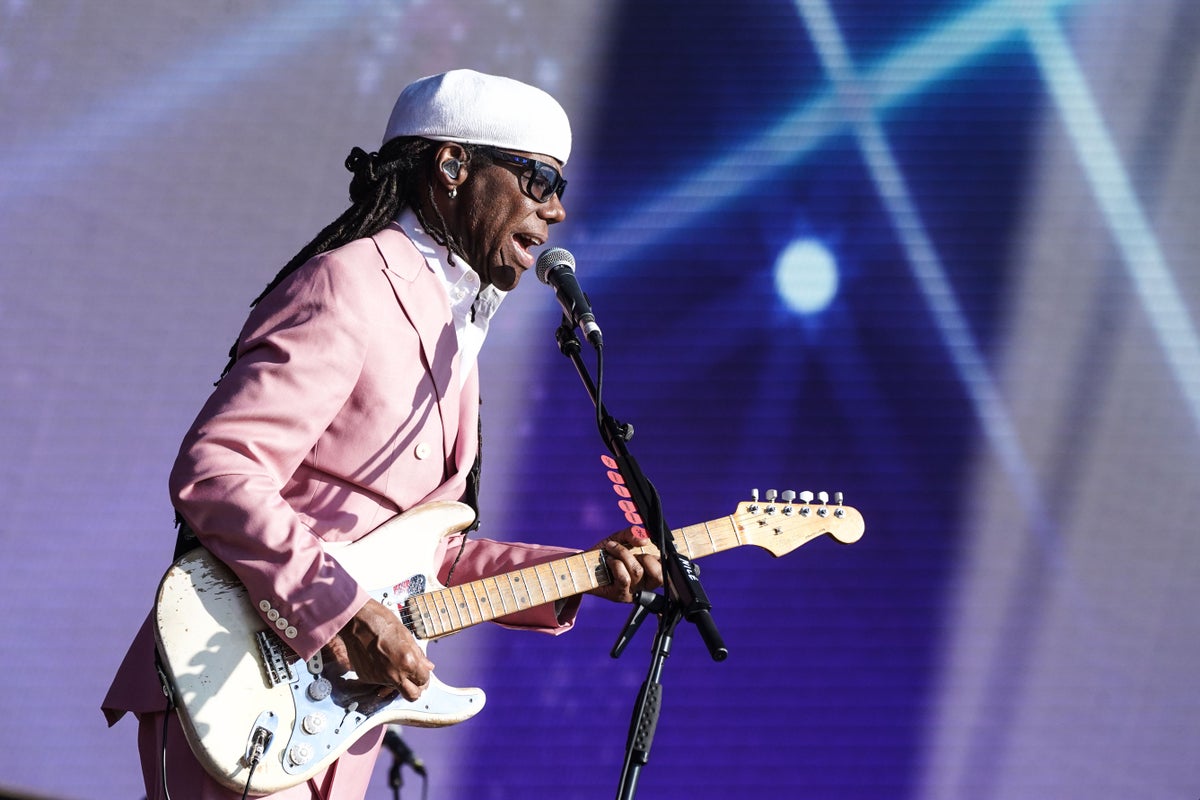Lawmakers say gaps in artificial intelligence, streaming and copyright law mean even successful musicians, actors and writers struggle to make a living.
In a report published on Wednesday, the House of Commons culture, media and sport committee urged the government to do more to protect the livelihoods of those who “fail to share in the global success of the UK’s creative industries”.
MPs are calling for the creation of a “freelance commissioner” to give a voice to the roughly one-third of freelance workers and ensure creators are compensated when people copy or move content between private devices.
We fear that the status quo will only benefit AI developers, as creators fear that their intellectual property has been used for AI development without a license or any real means of recourse.
House of Commons Culture, Media and Sport Committee
Other suggestions include providing a “deadline” after which the government will legislate to ensure artists are fairly compensated when their work is used by AI developers.
Artificial intelligence has become a major issue for the industry, with the development of projects like ChatGPT relying heavily on copyrighted material and concerns that the technology will replace voice actors, animators and even live actors.
Actor John Hollingworth, who starred in Mr Bates vs. the Post Office earlier this year, told the committee that artificial intelligence “is taking jobs away from British actors”.
“We are concerned that the status quo will only benefit AI developers, as creators are concerned that their intellectual property has been used for AI development without a license or any real recourse,” the lawmakers said.
Wednesday’s report also highlighted significant changes in the creative industry that have left artists struggling to make ends meet.
During the investigation, the committee heard from award-winning singer and songwriter Nile Rodgers, who said he made $100,000 from his first single in 1977, which is a significant amount for a modern artist. It’s unheard of.
The Chic frontman said falling costs from increased digital streaming should increase artists’ earnings, but he said that’s not happening.
He said: “I’ve been doing this my whole life and in 50 years you would think that with all the new technology coming out, people like me would be living better lives and things would be easier and we would all be together. Profitable, but that’s not the case.”
By 2023, I could no longer sustain myself as a person in this industry in the environment and culture I was in – I had two kids and a mortgage
British musician VV Brown
The committee also heard from British musician VV Brown, who said: “When I released records through a major publisher (in 2007) I was able to make a living. I was able to pay my rent at that time.
“By 2023, in the environment and culture I’m in — I have two kids and a mortgage — I’m not going to be able to sustain myself in this industry anymore.”
The committee reiterated previous calls for a “radical reset” of the music streaming industry to ensure fairness for musicians, saying that while the government had taken some positive steps, it still needed to “go further, faster” .
Dame Caroline Dinenage, chair of the committee, said: “Many of our talented actors, writers, composers and singers have not been able to share in the global success of the UK creative industries because of the The industry is grappling with a perfect storm caused by a variety of factors. The development of artificial intelligence is reflected in the rapid changes in the way content is consumed.
“If creators are no longer tied to poverty, governments need to catch up, fill the gaps in outdated copyright and intellectual property regulations, and ensure the rights of freelancers are defended and they serve their industries.”
A government spokesperson said: “We are committed to supporting artists and finding a way for them to work with AI innovators to take advantage of the opportunities this technology offers.
“This includes continuing to engage with all relevant stakeholders on issues such as artificial intelligence, copyright and music streaming, working towards a joint approach that allows both industries to thrive. We will set out on the way forward in due course Further advice.”
Follow us on Google news ,Twitter , and Join Whatsapp Group of thelocalreport.in
